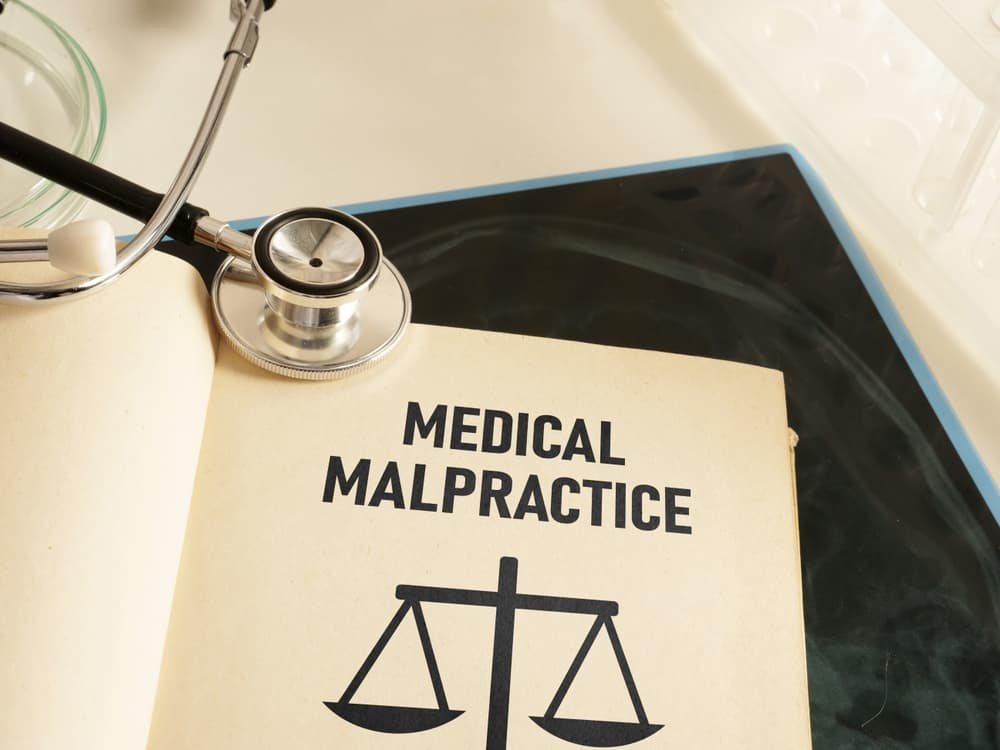
How to Prove Negligence by an Inebriated Driver
Drunk drivers take approximately 10,000 lives every year in the United States. In addition, they cause serious injuries, many of which are life-altering. While any injury from a rear-ender to a head-on collision can occur because the inebriated driver was unable to judge their distance from another vehicle properly or because they were unable to stay in their lane and hit another vehicle head-on, their ability to drive safely is no longer present.
What Are Traumatic Brain Injuries?
Some of the most life-altering injuries that happen because of a drunk driver are called traumatic brain injuries. This name is an umbrella term for a host of injuries caused by damage to the head. They include concussions, accumulation of blood on the brain and a complete breakdown in communication between brain cells. First, let’s examine what is considered a TBI:
- Concussions: This is due to a blow to the head or when the skull connects with a solid object. Most concussions heal within six weeks, however, symptoms can persist for up to 12 months. Repeated concussions can cause cumulative damage.
- Hematomas: These occur when blood pools on the brain's surface, usually between the protective layers that cover it. Hematomas cause pressure on the brain, which can lead to unconsciousness, coma or death unless relieved.
- Subdural hematoma: This is one of the most common forms of TBI. Here, blood from surface blood vessels that are damaged collects below the dura membrane. The blood puts pressure on the brain and usually requires surgical intervention.
- Skull fracture: On occasion, the skull can be fractured. However, since the skull is a solid bone it is strong and does not break easily. Many skull fractures heal without treatment.
- Diffuse axonal injury: This occurs when the brain cells are sheared so that they cannot communicate with one another. This leads to serious complications and death in many cases.
How Do I Prove the Severity of Brain Injuries?
There are ways to prove the seriousness of a TBI. Some that we use are:
- We examine hospital records along with medical experts for documentation of the severity of the injury.
- Often, a medical expert will testify or provide a deposition as to the severity of the injury and its toll on our client.
- Tests performed by psychologists are placed in evidence to display the effects of the TBI.
- Testimony from family, coworkers and friends is presented as to the effect of the brain injury.
How Can I Prove a Drunk Driver Caused a Brain Injury in South Carolina?
First of all, you need to prove the inebriated driver caused the accident. This is done by taking the following steps:
- Procuring evidence
- Talking to witnesses
- Examining the scene for clues as to why the crash happened
- Using accident reconstruction to show liability
- Using surveillance tape from traffic lights and nearby businesses to capture the accident scene
- Photos of the cars involved in the accident
What Damages Can Be Compensated in South Carolina?
The following damages are recoverable:
- All medical expenses pertaining to the accident
- Lost wages due to the accident
- Loss of consortium between spouses
- Loss of future earnings
- Loss of companionship
- Loss of care and support for children
- Loss of continuing medical care in the home
- Cost of transportation to the doctor and hospital for care
- Loss of enjoyment of living
- The cost of emotional and psychological trauma
- Anxiety and insomnia and the effect it has on the individual
- Post-traumatic stress disorder treatment
Morris Law Accident Injury Lawyers in South Carolina
If a drunk driver inflicted the suffering of a traumatic brain injury on you or a loved one, call Morris Law Accident Injury Lawyers for help at (843) 232-0944, or reach out to us online. We can schedule a free case review whenever and wherever it is convenient for you. We will help you obtain the compensation you deserve.







